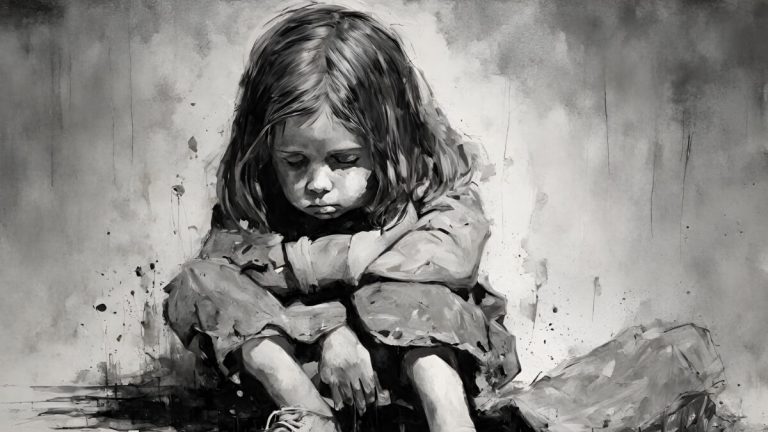Helping Children Cope with Loss and Grief: Resources & Activities


Loss is an inevitable part of life, and children are no exception. Whether it’s the death of a loved one, a pet, a move to a new home, or even the end of a friendship, loss can be a confusing and difficult experience for children. As parents, educators, and caregivers, it’s our job to help them navigate these tough emotions and develop healthy coping skills.
First, it’s important to remember that children grieve differently than adults. Their age, personality, and the nature of the loss will all play a role in how they express their grief. Here are some common things to keep in mind:
Younger children: Children in preschool or early elementary age may not fully understand the concept of death. They might ask repetitive questions, seem withdrawn or clingy, or even regress in their behavior.
Older children: Teens may have a better understanding of death, but they might struggle with expressing their emotions in healthy ways. They could become withdrawn, angry, or act out.
It’s also important to know that there’s no right or wrong way to grieve. Some children may cry openly, while others may express their sadness through anger or withdrawal. It’s our job to create a safe space for them to express themselves however they feel comfortable.
Here are some practical tips you can use to help children cope with loss:
There are many resources available to help children cope with loss. Here are a few ideas:
Remember, you’re not alone! There are many resources available to help you support children through grief. By being open, honest, and patient, you can help them develop healthy coping skills and navigate this difficult time.
By working together, we can help children cope with loss in a healthy way and build resilience for the future.